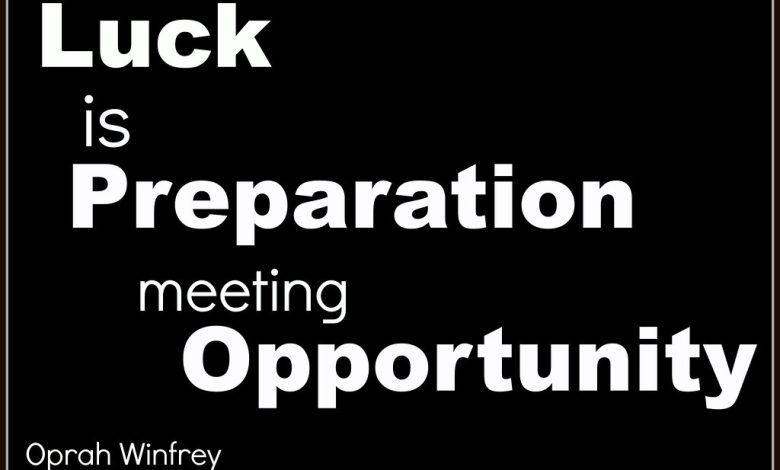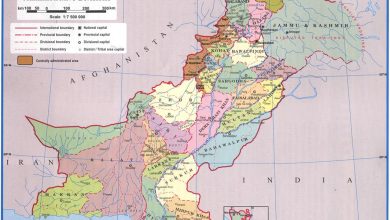Some Myths About UPSC IAS Exam Preparation

Decoding the Myths about the UPSC Exam
IAS toppers suggest starting UPSC exam preparation at least one year before the exam date. Prelims Exam date. A well-planned approach and guidance can make anyone pass IAS. IAS exam! Please find out the details on IAS Toppers and their methods in the article.
Myth #1: UPSC Exams – Toughest Exam
It is frequently stated by IAS candidates and non-IAS people alike that the IAS test is among the most challenging exam in the nation. Some call it the mother of all exams’.
This is because the exam is challenging and has a low percentage of the passing of less than 1percent.
The truth is that nearly 9-10 lakh applicants who have enrolled in the test, just a tiny fraction, complete the examination. In addition, of the 4 to 5 lakh who show up for the UPSC exam, not all are serious.
The exam is open to at least six chances to candidates based on their IAS qualifications; most attempt the exam one time to experience the test.
Any candidate who has passed the civil service exam can affirm that an unwavering and committed approach and the correct type of IAS coaching can help you get through this mother of all tests’.
Myth #2: Only Academic Toppers can Crack IAS
A glance at the top 10 IAS the top performers each year will reveal the truth of this myth.
A large number of toppers hail from nondescript colleges and schools. Many of them hail from backward regions of the country that has limited or no opportunity for any IAS guidance.
Most toppers were weak or average academically.
But, this does not have any bearing whatsoever on the UPSC results.
The only thing that matters to pass this test is the approach a student takes to the IAS exam and how they prepare to take it, the type of help is offered and how meticulously the IAS exam preparation is completed.
Academic performance in the past doesn’t matter.
Myth number 3: IAS aspirants should know everything about the Sun
Another misconception surrounding the UPSC Exam, which builds anxiety in candidates, believes that an IAS aspirant must know about all aspects.
Undeniably, UPSC Syllabus is vast. However, it is identified, except the current affairs section.
Even for daily news, there’s a method to help it be covered. A systematic way that reads the information daily in influential magazines, RSTV programs, etc., is sufficient.
You can download the monthly magazine on current affairs to prepare for taking the UPSC exam for no cost here. This section includes all the most necessary exam-related news items of the month, classified and explained.
Myth 4: Candidates must be aware of a variety of facts to pass IAS
The IAS test is not designed to evaluate the accuracy of one’s knowledge.
Instead, the UPSC evaluates the level of understanding and conceptual clarity, in addition to analytical skills.
Myth #5: You can’t pass your UPSC Exam without attending coaching classes
In the modern-day age, it’s no longer a requirement for coaches to take coaching classes.
Everything is accessible with the press of an icon.
On the internet, students have access to the online best information for their UPSC exam, current affairs publications, RSTV programs, etc., online and essentially wholly free!
Myth 6: The Writing Skills can’t be enhanced
There is a myth that writing skills are not able to be enhanced.
When preparing to take the IAS Exam, candidates should practice answering questions to improve their memory and confidence levels.
In reality, it’s not the candidates’ knowledge that is being evaluated instead of the information they provide on their UPSC immediate answer sheets.
A test series has numerous advantages, such as:
Improves time management for answer writing
Provides an authentic feel for the actual exam
Enhances the speed of writing answers
Aids candidates to understand their strengths and weaknesses areas.
You may also write your answers to the questions in the sample that we include on our weekly CNA and then post them in the comments section each day for exercise.
Myth #7: Candidates must attempt the highest number of questions to pass IAS Prelims
The UPSC exam papers have negative markings for incorrect answers.
The candidates must be confident about their questions, and guesswork would not be helpful. It could be detrimental.
However, brilliant guesswork using the elimination principle must be used. This can be achieved only when you have the opportunity to practice the highest number of practice tests for the prelims.
Find out how to beat negative marking during the IAS preliminary exams in the related article.
Myth #8: A person must study for at least 16 hours per day
The amount of time spent in research is not the most important thing. The quality of the time is more critical.
The number varies based on the particular.
Although some might be able to read 14 – 16 hours every day, others cannot go beyond 6 to 7 hours.
It’s all about what the person is accustomed to and is comfortable with.
Whatever the number of hours you spend studying, ensure that the quality of your time is excellent and is free of distractions.
Set a schedule for UPSC using the article linked.
Myth #9 IAS Aspirants must take their time reading all the books they can
While IAS hopefuls should read numerous books, it’s not recommended to collect the most books on a particular subject or subject and then make an effort to read all of them.
It would help if you went through the top recommendedUPSC guides on the subject and then revised them a few times.
Myth #10: Take notes on every topic in the syllabus
It is not essential to keep a notepad on every subject.
Specific topics can be researched directly by reference to sources, which could help you save a lot of time.
Apart from this if you are interested to know about Responsibilities of an IAS Officer then visit our Education category.





